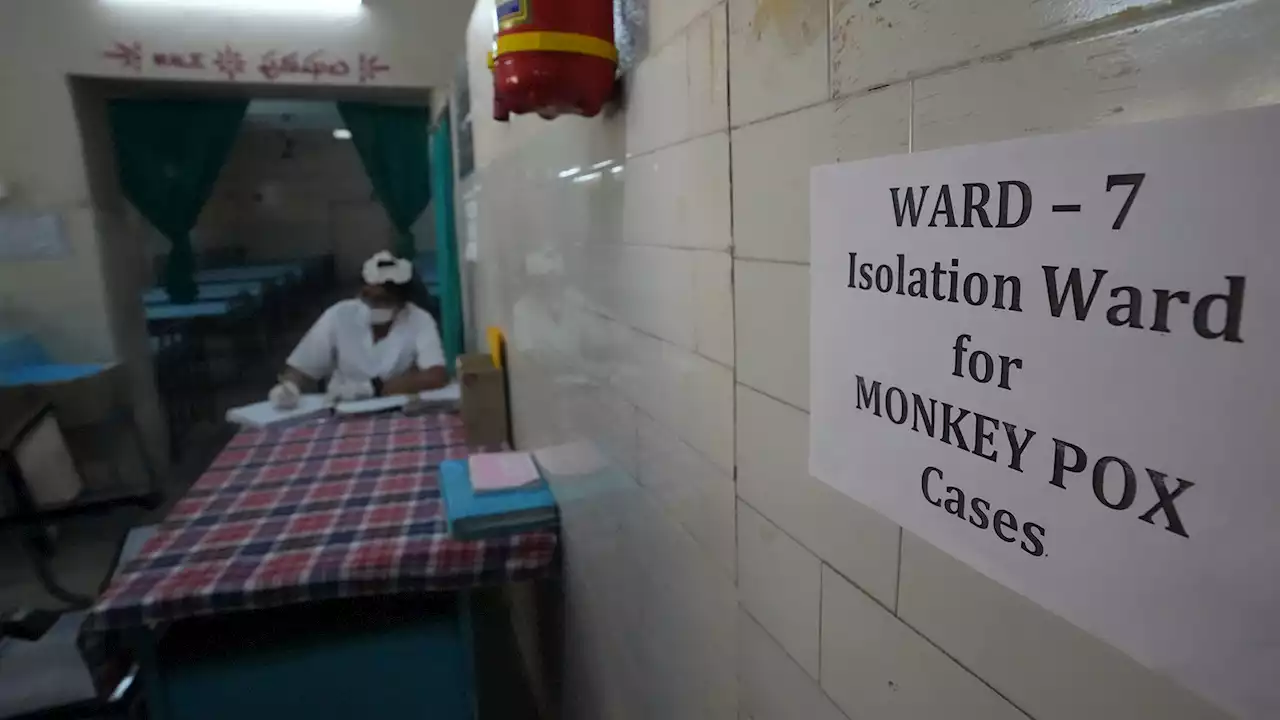The declaration Saturday that could spur further investment in treating the once-rare disease and worsen the scramble for scarce vaccines.
LONDON -- The World Health Organization said the expanding monkeypox outbreak in more than 70 countries is an"extraordinary" situation that now qualifies as a global emergency, a declaration Saturday that could spur further investment in treating the once-rare disease and worsen the scramble for scarce vaccines.
The emergency declaration mostly serves as a plea to draw more global resources and attention to an outbreak. Past announcements had mixed impact, given that the U.N. health agency is largely powerless in getting countries to act. In Africa, monkeypox mainly spreads to people from infected wild animals like rodents, in limited outbreaks that typically have not crossed borders. In Europe, North America and elsewhere, however, monkeypox is spreading among people with no links to animals or recent travel to Africa.
Some experts have questioned whether such a declaration would help, arguing the disease isn't severe enough to warrant the attention and that rich countries battling monkeypox already have the funds to do so; most people recover without needing medical attention, although the lesions may be painful. "The bottom line is we've seen a shift in the epidemiology of monkeypox where there's now widespread, unexpected transmission," said Dr. Albert Ko, a professor of public health and epidemiology at Yale University."There are some genetic mutations in the virus that suggest why that may be happening, but we do need a globally-coordinated response to get it under control," he said.
In the U.S., some experts have speculated that monkeypox might become entrenched there as the newest sexually transmitted disease, with officials estimating that 1.5 million men are at high risk of being infected.
